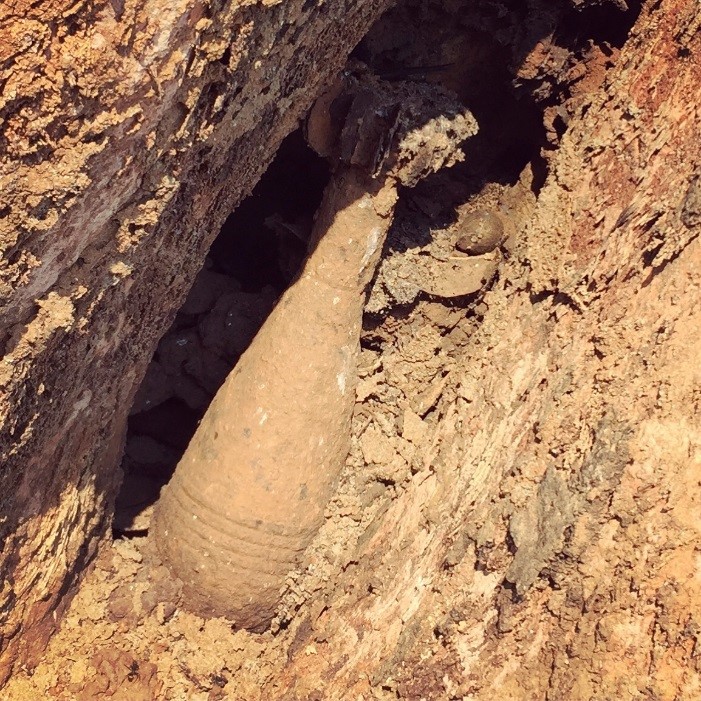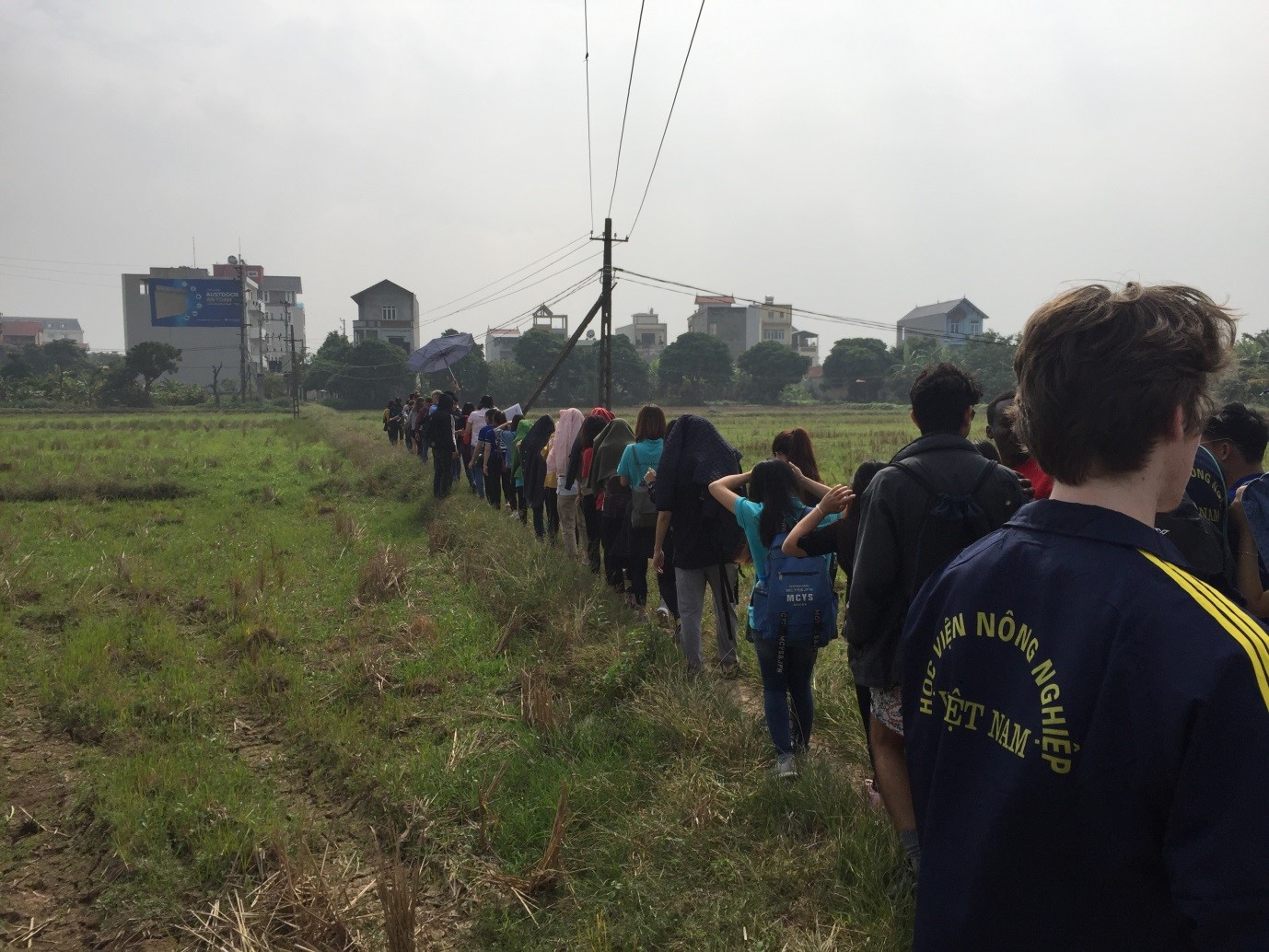Connecting with your experiences – 2019 Blog Competition Awards
2019 politely came and went, then 2020 introduced itself to us without so much as a pleasantry. Amongst it all, announcing the winners of our 2019 blog competition fell by the wayside. However, now more than ever is the perfect time to reflect on some of the excellent work RAIDers have been doing and learn about some of the unique perspectives they have. Today RAID Network take a look back at what we think are some of last year’s best blog posts submitted by RAIDers, announcing the winners of the 2019 RAID Network blog competition.
We look for blogs that are engaging and interesting; take us on your journey but teach us something too. We are looking for a unique perspective on R4D, delivered with captivating prose. We find the most enjoyable reads are those delivered in a personable style, capturing the reader’s attention in the first sentence and holding it until the articles conclusion. There are so many individual experiences that make careers in R4D rewarding. Here at RAID Network we try to capture these experiences and disseminate them to our community in the hope of challenging perspectives and inspiring future R4D researchers.
After much deliberation from the communications team and a final assessment, we think these blogs have delivered on our expectations. We are very pleased to congratulate the following:
- Winner: “Is Cambodia’s agricultural land wasting away?” by Lucinda Dunn.
- Runner Up: “UXOs are UCPs,” by Jay Anderson.
- Best new blogger: “Co-operatives, characters and culture: How Vietnam’s Agribusiness sector has seen impressive changes,” by Jimmy Bidstrup.
Is Cambodia’s agricultural land wasting away?
Where many researchers focus on discipline-driven problems, Lucinda takes a step back and addresses an issue that others may often overlook, plastic waste in the agricultural setting. The author sets the tone for the topic, highlighting what many consider an issue in urban southeast Asia, but then challenges the reader to consider plastic-waste in the rural setting. Vividly depicting her personal experiences with plastic waste in Cambodia’s agricultural land, Lucinda leads us into the field describing how beautiful it is from afar, but on closer inspection the countryside is littered with plastic waste. Lucinda fluently weaves her research topic into the discussion without so much as stutter, linking the plastic waste she sees to patterns of chemical use on-farm. We often romanticise the problems seen in R4D but fail to consider the solutions. Lucinda avoids this by globalising the article, drawing from potential solutions developed in Australia. An effective blog that draws on her own experiences, educates the reader, and challenges others to see the bigger picture. No doubt RAIDers will see plastic waste in the field differently from now on.

UXOs are UCPs
With busy schedules and bad work-life balances, leisurely reading is often restricted to a time late in the evening while eyes are bleary and thoughts wander into a state of limbo. The opening paragraphs of Jay’s article will promptly pull a wearied RAIDer back from the ether into a story detailing the reality of UXOs (unexploded ordnances) in Laos. Dealing with unexploded ordnances (i.e. unexploded bombs) in R4D, a brilliant topic to tackle. Jay invites us into the story, summarising the trials and tribulations that are often experienced in research, offering the reader a point of empathy. The story then turns to Laos’ dark history, naive assumptions, and a first-hand recount of finding a UXO in the field. Recalling the experience, Jay evokes imagery of surprise, seemingly un-warranted acceptance, and an almost immediate resumption normal task. By this stage, the reader is hooked. Jay takes advantage, taking stark jump away from UXOs and into the authors interest area, disease in banana plantations. A jump that may have felt just a little too abrupt, but nonetheless, the author sets out to educate the uninitiated, highlight some industry concerns, and reflect on tactics of extension (high production versus sustainable production). Overall, the story is content dense but easy to read, and challenges the reader to reconsider what is normal from two perspectives: one social, and one biological. A well-executed story.
P.S. Bonus points for diplomatically recalling the expletives of Professor Lester Burgess.

Co-operatives, characters and culture: How Vietnam’s Agribusiness sector has seen impressive changes
It’s often difficult to contain the excitement one may experience when travelling, particularly early on in your studies or career. Every facet of the trip is new and intriguing, so much so that many are desperate to tell their colleagues about it. The risk, however, is repeating the story of many that have come before you. Jimmy circumvents this risk through deliberate incorporation of a challenging topic, Vietnam’s transition into new-world cooperatives and global markets. The article succinctly contextualises the transition and discusses some of the challenges that have arisen as a result. Amongst the detailed discussion, Jimmy eloquently describes the awe, learning opportunities, and inspiration that arise when embedding yourself into the (agri)culture of another, even if only for a brief moment. The last paragraph delivers a humbling and unifying perspective, reflecting on food security research and education at a global level. A great blog from an up and coming RAIDer that we hope to see more from.

Feeling inspired? Enter our 2020 blog competition! Entries close 1 June 2020


